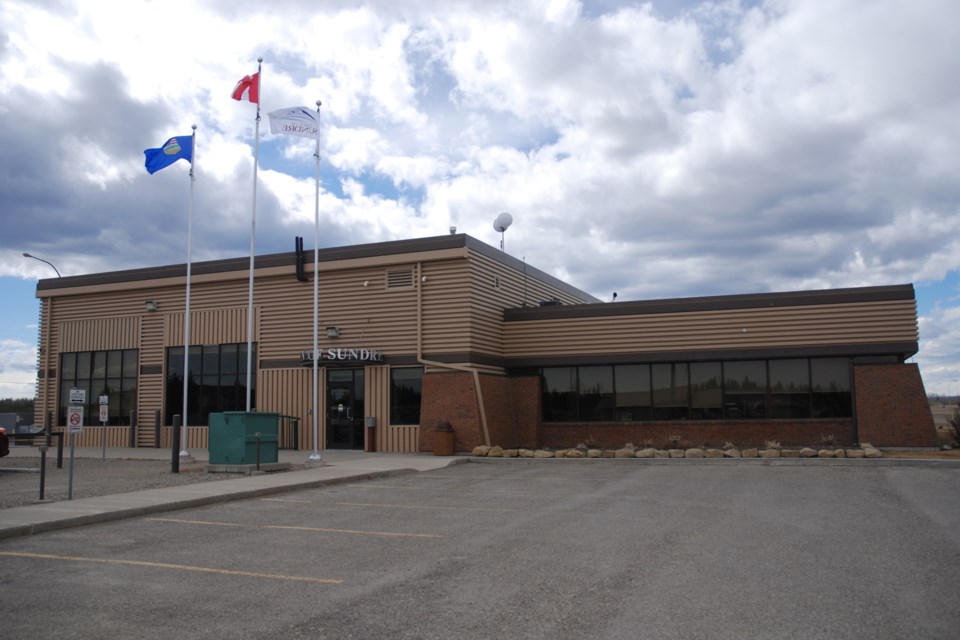SUNDRE – Town council has approved the allocation of a $25,000 commitment in a bid to secure grant funding to conduct a feasibility study on the new technology being trialled at the wastewater treatment facility.
Providing council with some background information, Chris Albert, director of corporate services, said during a council meeting earlier this month that Soneera Water Canada – the company delivering the technology – is now in the pilot phase.
“We believe that in order to support our application for approval of the new technology once the testing is complete, we do anticipate that there will be additional information required regarding non-treatment related aspects,” Albert told council.
So, administration – in conjunction with engineering firms McElhanney and Magna – is proposing to submit an application to the Federation of Canadian Municipalities to conduct a feasibility study, he said.
The intent is to compare against other technologies that have already been approved the projected costs – capital, operating as well as upkeep – of Soneera’s wastewater treatment technology.
The study will consist of four distinct deliverables: a background report, a wastewater treatment options assessment, a technology package, as well as a final report.
Among the federation’s grant application requirements is for the municipality to commit 50 per cent of the study’s total cost. At an overall estimated price tag of $50,000, the town’s portion amounted to $25,000, which would be drawn from existing funds in the approved four-year operating budget for the wastewater department.
Coun. Paul Isaac wanted to know more specifically what the study will illustrate and how the final documents will help move the municipality forward.
“Would it negatively affect us if we didn’t do this study?” asked Isaac.
Albert said the purpose is primarily to support the municipality’s eventual application for the technology to be officially approved by the provincial government.
“We believe that having this additional information will go a long way with Alberta Environment and with the province as well in ensuring that this technology does get approved,” he said, adding some assertions were made early on in the process that the project could potentially be a proven solution for smaller or more remote towns, including possibly Indigenous communities farther north.
“This (study) further will help us support that position that we’re reasonably confident in,” he said.
Mayor Richard Warnock, who joined the meeting remotely by phone, said the cost of the study represents a small dollar amount when compared with the $11.5-million project’s overall cost, and that it’s important not to leave out any details.
“I’m definitely in favour of doing this, especially that we can get 50 per cent of this paid for through the grant,” said Warnock.
Also speaking in favour of approving the study, Coun. Jaime Marr, who presided over the meeting’s business as acting chair, expressed a preference for being able to substantiate claims with concrete numbers.
Council unanimously carried a motion approving the $25,000 commitment in support of the feasibility study application through the federation.



